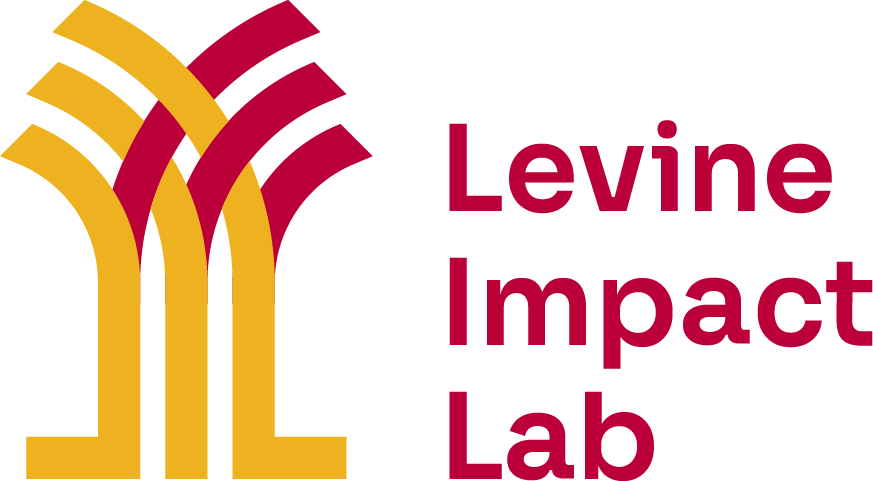In Conversation with Feed the Second Line: Reinforcing the power of staying open-minded to foster personal and professional growth
Three years. Four organizations. Countless moments of growth.
As our first Levine Impact Lab cohort wraps up their three-year journey this December,
we’re reflecting on the stories that inspired us—of resilience, community, and lasting impact.
We caught up with Tinice “Tee” Boudreaux, Chief Executive Officer of Feed the Second Line (FTSL)—a New Orleans–based nonprofit dedicated to strengthening community resilience by creating supportive pathways across generations—to learn more about her experience with LIL over the past three years.
For Tee, one of the most meaningful lessons from her time with LIL was finding new ways to handle stress. Recalling back to the first LIL annual retreat in June 2023, she learned the importance of taking a step back, “escaping” to the wilderness, to quiet her mind and reconnect with her purpose when the pressures of leadership become overwhelming. She has since been introduced to a range of coping strategies that helped her cultivate her own approach to balance and self-care. Over time, these practices have enriched her personal life and strengthened her professional focus. Working alongside LIL and other leaders in the cohort also opened doors to experiences that supported her ability to move through her work with greater clarity and intention. She shared, “...the way I approach things and conversations that I have, and just making sure I'm checking on things that I probably wouldn’t have done [are] because I’ve watched LIL do it.”
Tee reflected that many of her takeaways from LIL came through learning by example. In observing LIL’s approach to organizational growth and optimization, she adapted several of those strategies for FTSL—frameworks that continue to bring greater structure and focus to the nonprofit’s operations. For example, she noted that the value of working in a more programmatic way fosters stronger accountability and consistency across initiatives. LIL’s emphasis on strategic planning also guided her to define a clearer roadmap for FTSL, ensuring the organization moves forward with both intention and purpose.
Tee’s biggest takeaway from working alongside LIL was learning how to stay open-minded and build diverse relationships, especially with people whose experiences differ from her own. She emphasized that collaboration and mutual support lead to greater impact, describing how LIL served as a steady source of guidance and encouragement—always just an email or phone call away. What stood out most to her was LIL’s genuine care for its grant partners and its openness to feedback. Tee hadn’t expected that level of attentiveness and willingness to evolve, and she felt it reflected a sincere commitment not only to the collective mission but also to each individual within the program.
Tee also shared how this culture of support extends across the cohort itself. She recalled the strong bond she’s built with Dior St. Hillaire from BK ROT, explaining how the two regularly hop on calls to work side by side, holding each other accountable for tasks they set out to complete. Reflecting on her experience, Tee offered a simple piece of advice for future cohorts: be open to learning, stay honest and authentic, and trust the process.






